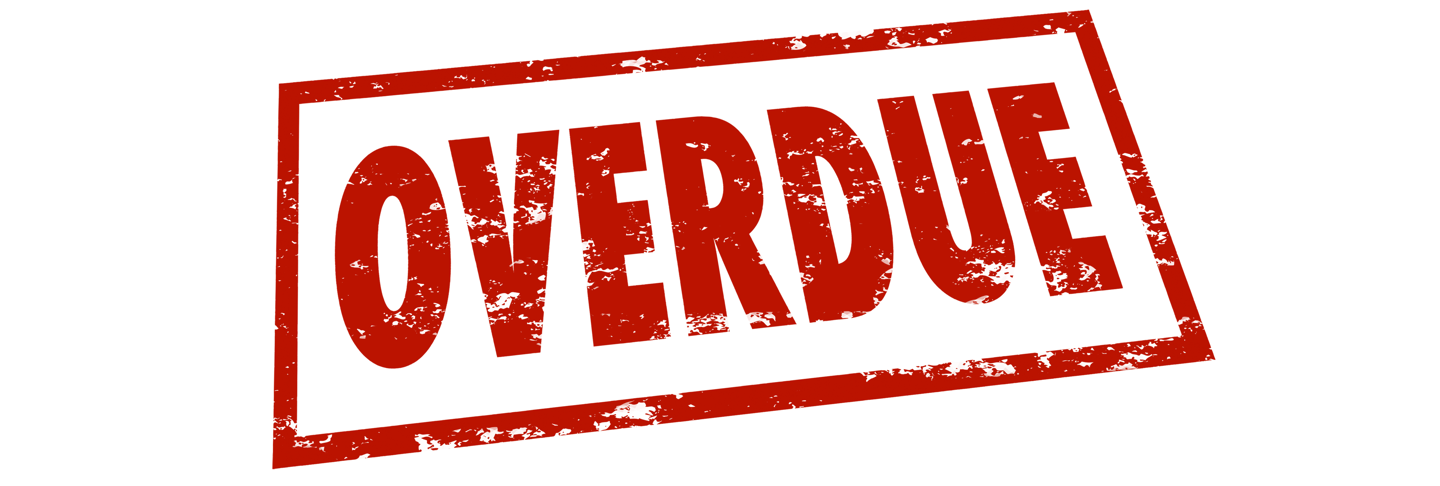Missed Credit Card Payment. Now What?
It’s the end of the month and you just realized that you didn’t make your credit card payment that was due two weeks ago. Or, you opened your billing statement to find a late fee for a payment you thought you made—but didn’t. An accidental missed payment can happen to anyone. However, contacting your creditor sooner than later about a missed payment is the right course of action to help mitigate late fees or penalties.
Make the payment as soon as you can. Paying a missed payment a few days after the due date versus waiting for the next billing statement will generally prevent a late payment from being reported to the credit bureaus. Creditors typically report delinquent payments once they become at least 30 days late, so making your payment before your delinquency reaches the 30-day mark will provide you a little credit card help.
Call and ask for leniency. If you check your account online, you’ll probably see that a late fee has already been applied. In fact, some card issuers generate the late fee just minutes after 5 p.m. on your due date. And although the Credit Card Act of 2009 capped credit card late fees, always avoid a late fee whenever possible. After all, keeping more of your hard-earned money in your pocket only makes sense!
Many creditors are willing to waive a late fee—assuming you are not habitually late on payments. Contact your creditor, explain the mishap, and ask that your late fee be waived. If they won’t provide this credit card help, simply take it as a lesson learned, pay the fee, and be sure to send your next and all subsequent payments on time—every month. And remember perpetually late payments will hurt your credit score.
The good news is you don’t have to worry about having your interest rate increased just because you were late with one payment—unless it is a promotional rate. The Credit Card Act of 2009 specifies that creditors can’t impose a penalty rate increase unless you have missed two consecutive payments. Thus, in most cases, your current rate is safe. The bad news, however, is that you’ll typically forfeit any promotional rate if you miss a payment—for any reason. A creditor who’s willing to waive a late fee might not be as forgiving when it comes to upholding your promotional rate.
Remember When Your Bills Are Due. If this missed payment was an isolated incident, odds are you have a good system for knowing when your bills are due. And this is key, especially if your ultimate goal is to figure out how to pay off your credit cards. But, if you are forgetting payments more often than not, chances are you need some credit card help. For some, a simple monthly payment calendar that exhibits the due dates and minimum payments for all of their accounts works best. If you are comfortable with technology, you can generally set up reminders and billing due dates in your email or calendar app of choice within your computer or mobile device. Be sure to set up payment reminders a few business days before the actual due date to give yourself time to get the payment underway.
You can also set up an automatic payment plan through your bank’s online billing system to eliminate accidental missed payments. Be sure the payment is set for at least the minimum due or you’ll be charged a late fee. But remember, paying only the minimum is not the answer to the question of how to pay off credit cards. Also be sure that you have enough money in your account to cover the payment to avoid paying an overdraft, insufficient funds, or returned check fee as well.
Don’t forget, your creditor may waive your first last fee, but may not be as understanding a second time around.
To talk to someone about how to pay off credit cards, contact one of our Consultants at 1-800-495-4069.
